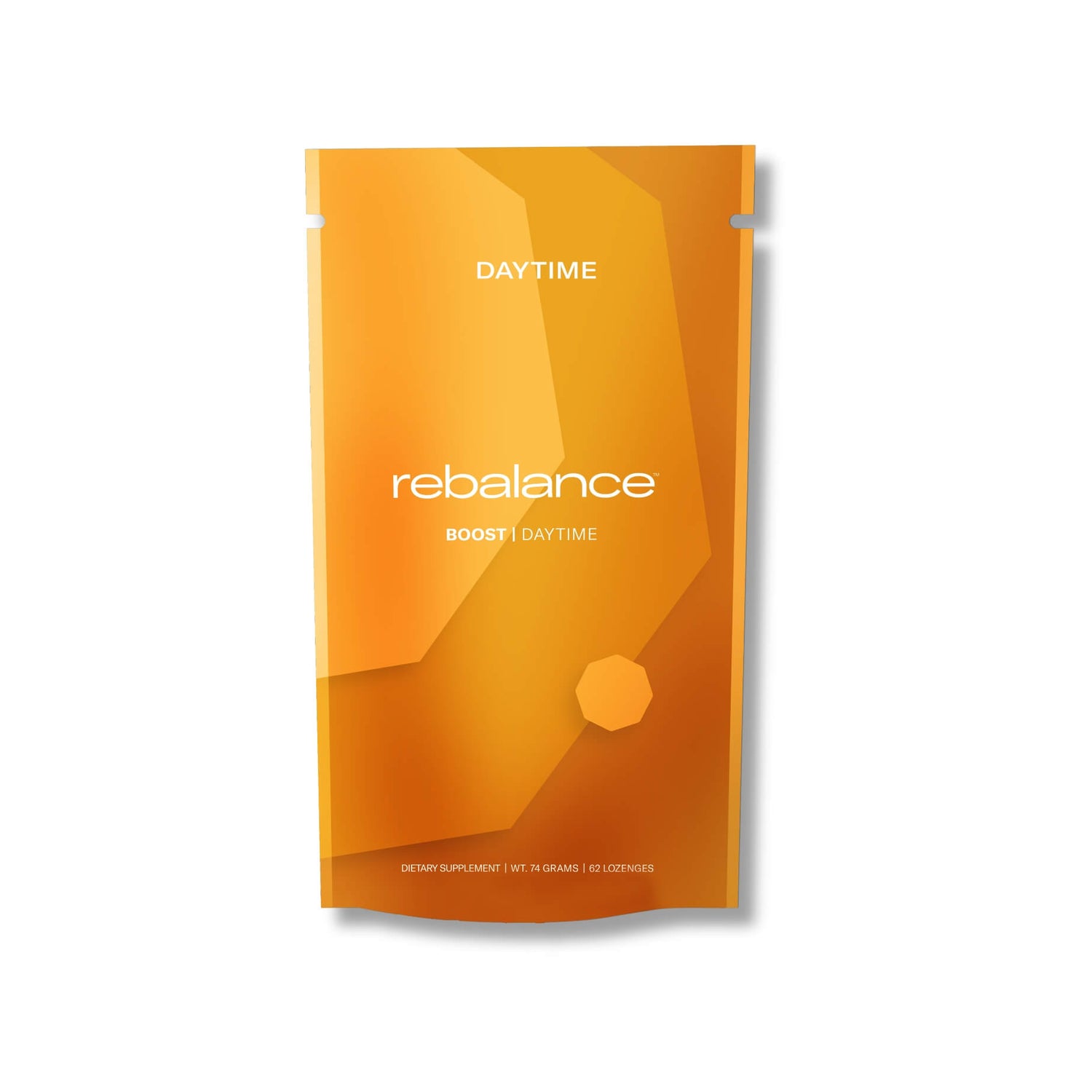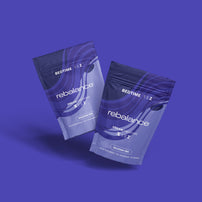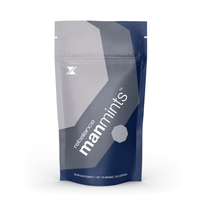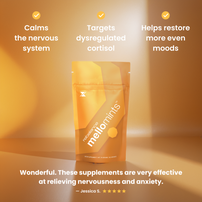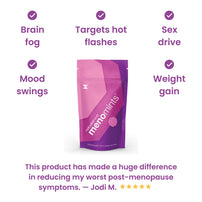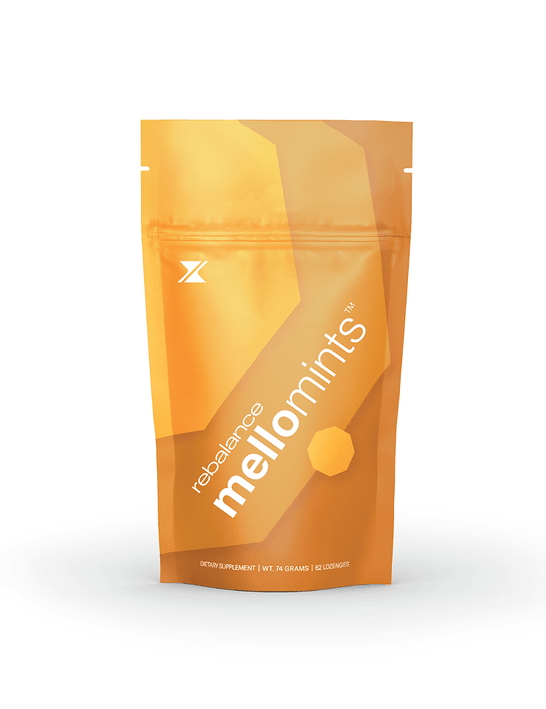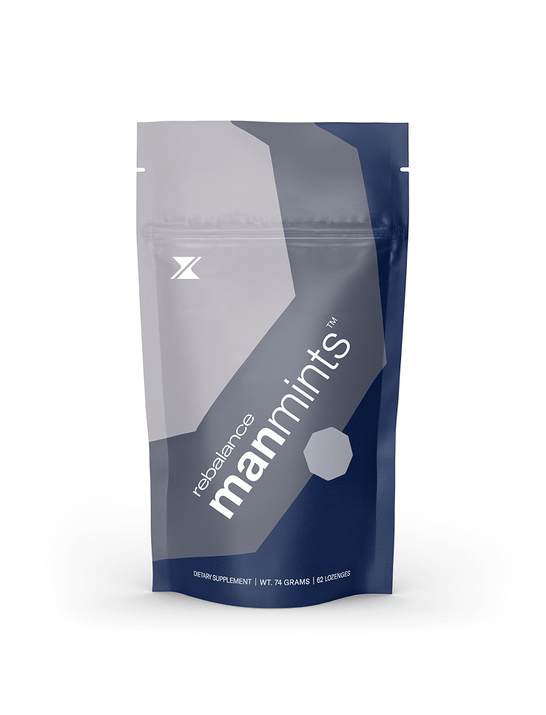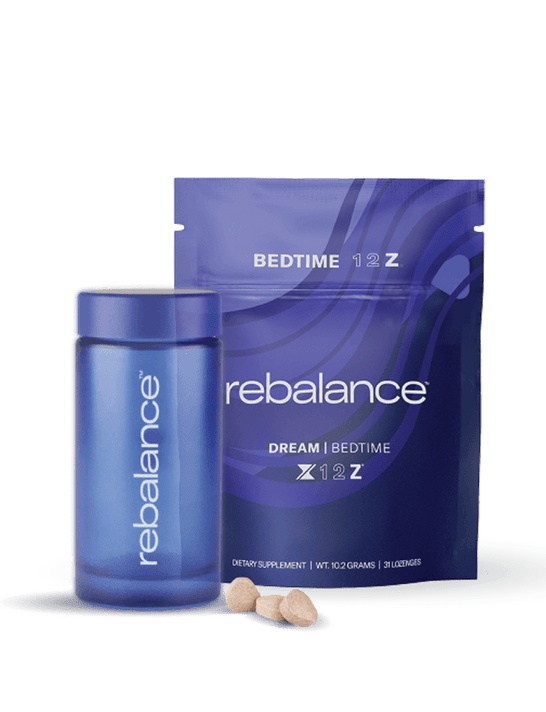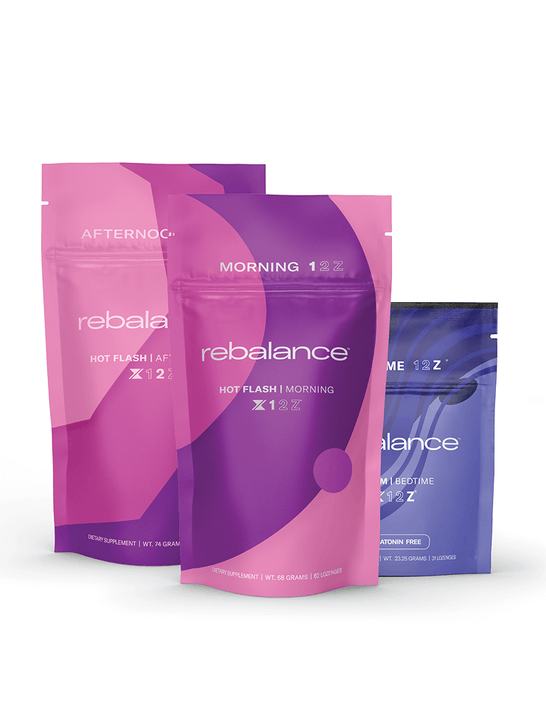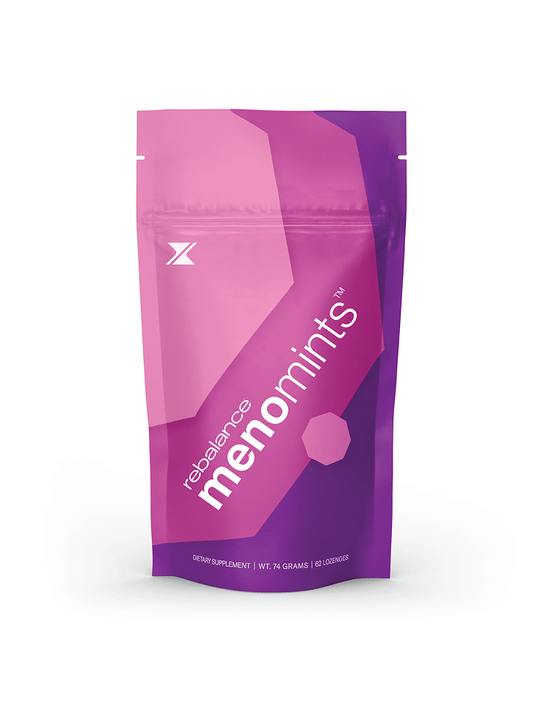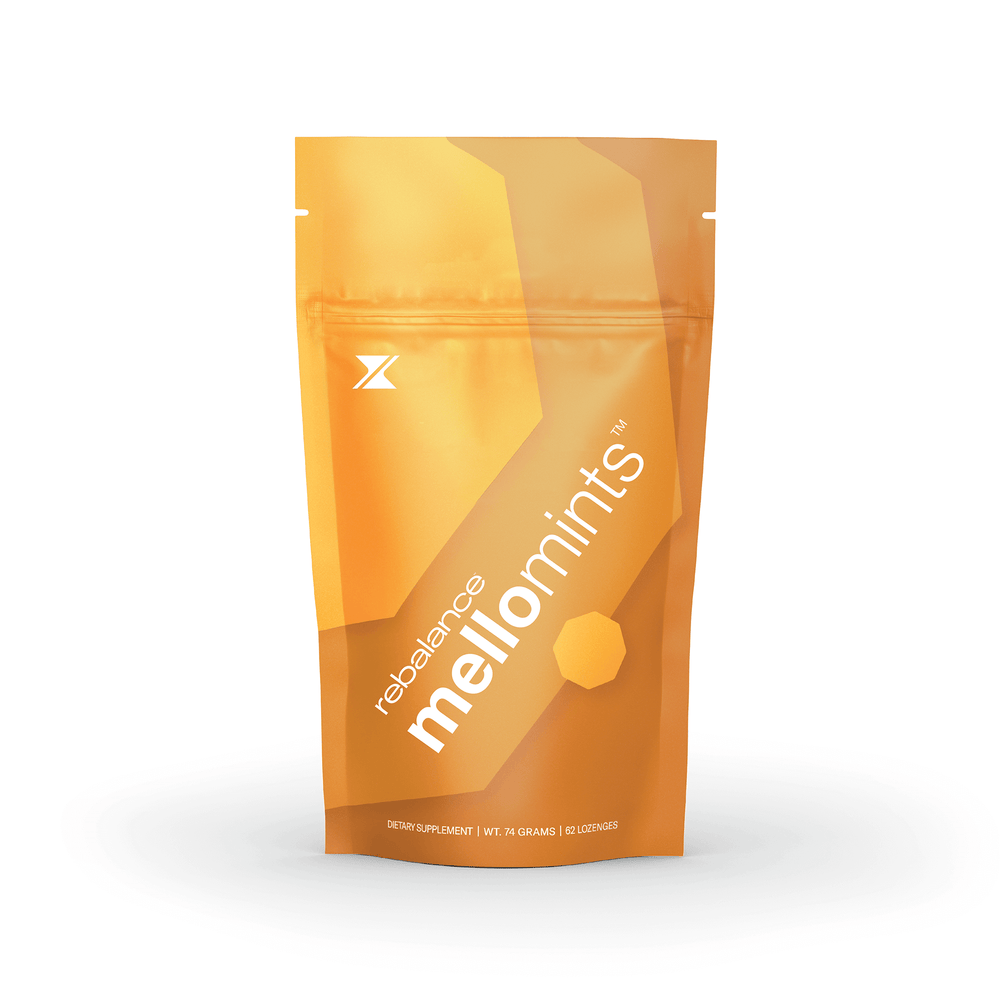Justin Hai Of STRESS NATION On 5 Ways To Create a Healthy Relationship With Screens and Technology
09/10/2025 by Rebalance Health
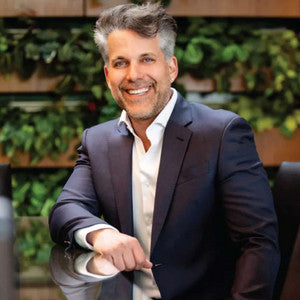
As a part of my series about 5 Ways To Create a Healthy Relationship With Screens and Technology I had the pleasure of interviewing Justin Hai.
Justin Hai is the co-founder and CEO of Rebalance Health, a company pioneering cortisol-first hormone performance through clinically validated, award-winning innovation. Under his leadership, Rebalance has completed four years of IRB-approved clinical studies, secured multiple industry awards, and achieved triple-digit subscription growth. A New York–published author of Stress Nation with Wiley & Sons, and a seasoned entrepreneur who previously co-founded Alastin Skincare and GLO Pharmaceuticals, Justin continues to build category-defining companies that transform health and performance.
Thank you so much for doing this with us! What is your backstory?
I’ve spent my career building companies at the intersection of science, design, and wellness. I co-founded Alastin Skincare, which became one of the fastest-growing physician-dispensed skincare brands, and later co-founded GLO Pharmaceuticals. Today I lead Rebalance Health, a company focused on hormone performance, stress, and sleep, supported by years of clinical research. Alongside this work, I authored Stress Nation with Wiley & Sons, a book that explores how modern life and technology hijack our cortisol, and what we can do to reclaim control.
Can you share the most interesting story that happened to you since you started your career?
I’ll never forget presenting to a group of physicians about how screen time elevates cortisol and blocks restorative sleep. A doctor stopped me mid-sentence and admitted, “That’s me every night — you just explained my exhaustion.” When a physician recognizes their own struggles in your science, you know you’re onto something powerful. That moment shaped how I communicate: make the science personal, and people will change their behavior.
Are you working on any new or exciting projects now?
Yes — two major ones. First, at Rebalance Health we’ve developed the first cortisol-first performance system to help people reduce stress, sleep better, and balance hormones naturally. We’ve completed four years of IRB-approved clinical studies and are scaling into retail and digital channels. Second, I’m preparing for the launch of Stress Nation, which provides practical, science-based strategies for breaking free from the chronic stress cycle that technology fuels.
Ok super. Let’s now shift to the main focus of our interview. Between work and personal life, the average adult spends nearly 11 hours looking at a screen per day. How does our increasing screen time affect our mental, physical, and emotional health?
Every notification, scroll, or binge series activates our stress response — raising cortisol, which is the body’s “fight or flight” hormone. Chronically elevated cortisol disrupts sleep, weakens immune function, accelerates aging, and impairs hormone production. Mentally, it fuels anxiety and shortens attention spans. Emotionally, it leaves us wired but tired — constantly stimulated but never restored. The paradox is that technology promises connection and productivity, but unmanaged, it often drains both.
Can you share your top five ways people can improve mental wellness and create a healthy relationship with technology?
- Set screen “sunset” times — Stop exposure to blue light and stimulation at least one hour before bed to protect natural melatonin release and deep sleep.
- Batch notifications — Turn off non-essential alerts and check messages at set intervals instead of reacting 80 times a day.
- Create tech-free zones — Meals and bedrooms should be screen-free to restore real connection and rest.
- Use stress resets — Replace quick social media dopamine hits with practices like breathwork, short walks, or lozenge-based stress relief solutions like Rebalance’s mints, which lower cortisol naturally.
- Conscious consumption — Curate your digital diet as carefully as your nutrition. Choose content that uplifts and informs, not content that amplifies stress.
Between social media distractions, messaging apps, and the fact that Americans receive 45.9 push notifications each day, Americans check their phones 80 times per day. How can people, especially younger generations, create a healthier relationship with social media?
The key is awareness and boundaries. Social media can inspire, educate, and connect, but left unchecked, it becomes a constant comparison trap and stress trigger. Younger generations should treat it like sugar: enjoyable in moderation, but harmful in excess. Scheduling “offline hours,” following accounts that promote positivity, and learning to distinguish real relationships from digital validation are all powerful steps to create a healthier relationship with social media.
80% of smartphone users check their phones before they brush their teeth in the morning. What effect does starting the day this way have on people? Is there a better morning routine you suggest?
Checking your phone first thing in the morning spikes cortisol instantly, you go from a natural waking state into stress mode before your feet hit the ground. That “digital jolt” sets the tone for distraction and reactivity all day. A better routine is simple: hydrate, get some sunlight if possible, move and breathe before you touch your phone. Even five minutes of mindful movement or reflection before interacting with screens will shift your entire day.
Can you please give us your favorite life lesson quote?
“Stress is inevitable, but suffering is optional.” It reminds me that while we can’t always control external pressures, we can always control how we respond.
If you could start a movement that would bring the most amount of wellness to the most amount of people, what would that be?
I’d start a “Break the Cycle” movement, helping people recognize the stress-sleep-hormone spiral driven by modern life and technology, and teaching simple, daily interventions to reset. If enough people learned to regulate cortisol and reclaim rest, we’d see a dramatic shift in health, performance, and longevity worldwide.
Overview

Stay Calm. Sleep Deep. Wake Clear.
A lozenge that supports deep sleep, better REM, and calmer nights. Without melatonin — unless you want it.
